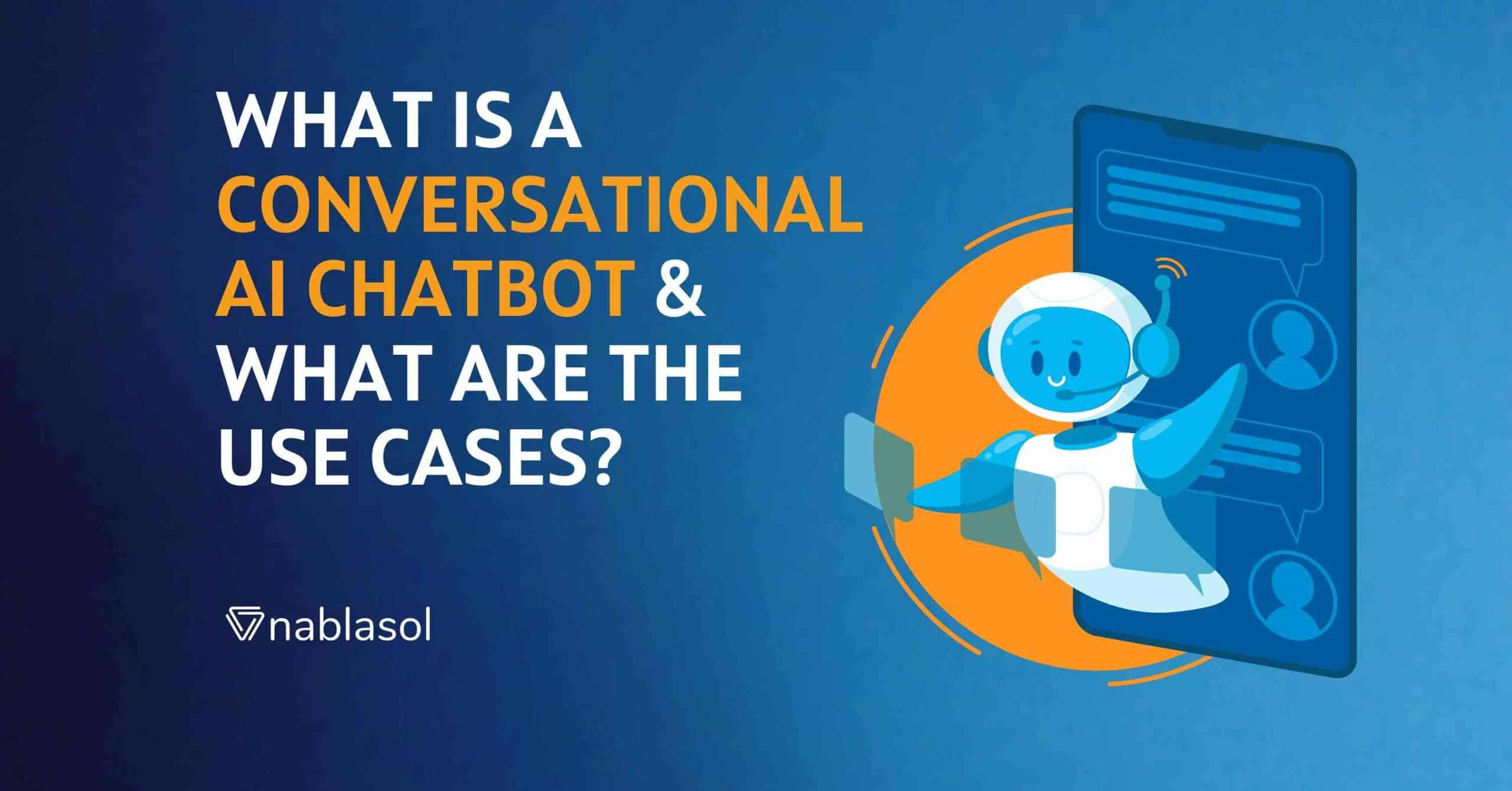Agile methodology focuses on human tendencies related to empowerment, transparency, collaboration, and accountability. Such characteristics need to be made an intrinsic part of the company culture. A culture that centers around innovation must uphold all the above tendencies in each contributor.
Agile brings about a broader cultural shift in traditional workspaces as to how people and teams work together. The challenge in implementing the methodology, in large organizations, is to break the barriers of departments and cross-functionality to build small but skilled teams. It is also essential to impart training from management to employees with a top-down approach.

An established business will also need to break years of habit before bringing in a culture of innovation. Companies need to adapt to more accountable systems and remove the toxicity that hierarchical arrangements bring about. All such changes must be done in parts and in small incremental changes. Moreover, teams need to be objective about their shared goals and learn how to handle end users and their changing priorities.
What is the insight behind being an agile company?
In a COVID world, change is the new normal. An Agile Company embraces change as a way for the business to grow and survive even in the worst of times.
Agile methodology is critical for established firms to rethink their online strategy to grow faster, serve customers better, and become distinct in the market. As a result, failure to tackle disruption and build services based on consumer feedback can lead to increased churn and diminished brand reputation.
In today’s digital age, traditional structures and rules for change management no longer apply. The digital age provides an equal platform, which means a hyper-competitive and chaotic market. Eventually, every business will become a digital company. It is, therefore, essential to become a master of change. The capacity of your business to change is key to profitable growth.
An established organization must be in a constant state of flux in terms of innovation. They need to be in control to deal with government policies, regulatory pressure, financial constraints, employee management, and derailing ongoing projects while implementing changes.
In a nutshell, being agile means enabling rapid design, development, and deployment of products and services.



